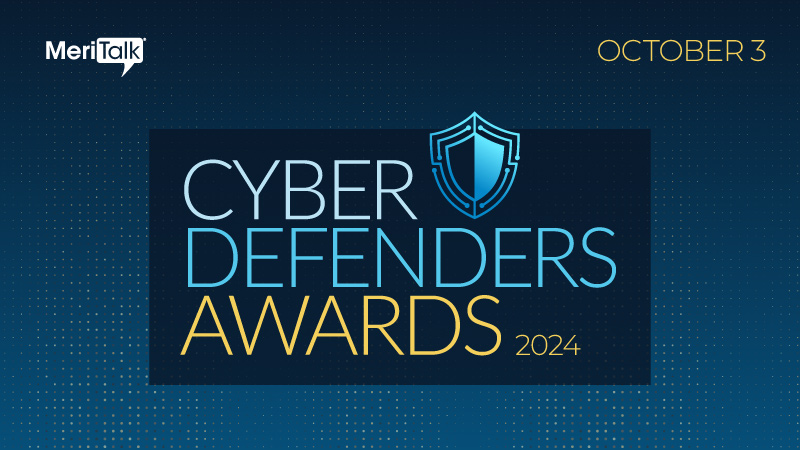
Joyce Hunter, executive director for collaboration and education at Mission-Critical – and one of the recently announced 2024 class of Cyber Defenders – gave us a few minutes of her time to discuss the vital role of education and collaboration in bolstering the cybersecurity workforce. Both of those aims, she said, help to boost awareness not only of opportunities for people to join the cyber workforce, but also the vital role that critical infrastructure plays in today’s world.
MeriTalk: Joyce, congrats on the Cyber Defender award! Tell us a little bit about your job and what security work you are doing for your organization?

Hunter: The executive director for collaboration and education at Mission-Critical.org plays a pivotal role in leading and managing the organization’s efforts to foster collaboration and enhance educational initiatives related to mission-critical systems and cybersecurity.
I am responsible for advancing the organization’s mission through strategic collaboration, educational initiatives, and security-focused programs. By fostering partnerships, developing comprehensive digital content, and engaging in cutting-edge research, this role significantly contributes to enhancing the cybersecurity and critical infrastructure posture of mission-critical systems and raising awareness about the importance of protecting these vital infrastructures.
MeriTalk: In the bigger picture on security, what are some recent policy and tech trends you are seeing that are helping to improve security and that we should be doing more of?
Hunter: The intersection of evolving policies and advanced technologies is creating a more robust security environment. Adopting some of these trends more widely and investing in continuous improvement will be key to addressing current and future cybersecurity challenges.
Emphasizing zero trust models, enhancing supply chain security, advancing AI and blockchain applications, and preparing for quantum threats will ensure a resilient and secure technological landscape.
MeriTalk: Also in the bigger picture, what looms large for challenges in improving security?
Hunter: Improving security in today’s environment is a multifaceted challenge that requires addressing both technological and human factors. Organizations must stay agile, continuously updating their strategies to cope with evolving threats while investing in training, resources, and advanced technologies.
Collaboration across sectors and international boundaries is also crucial to building a resilient security infrastructure capable of protecting against the myriads of threats that loom large.
MeriTalk: How did you find your way to the tech security field, was it something that always seemed like a natural path or was the path more complicated?
Hunter: I am an “accidental tourist” though the InfoTechSec. I have a bachelor’s degree in sociology (humanities majors are now sought after in the InfoTechSec) and an MBA in marketing, both of which have served me well throughout my career.
MeriTalk: And finally, what do you enjoy doing in “real life” that doesn’t have anything to do with technology and security?
Hunter: Hanging out with my grandchildren, (20, 18, and two 17-year-olds) and they like hanging out with me.
